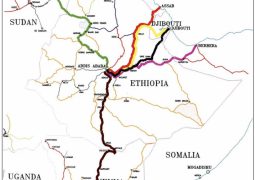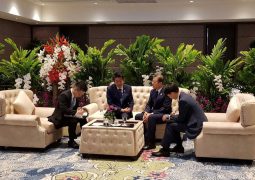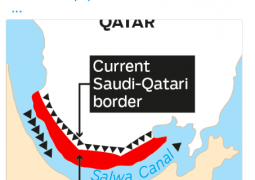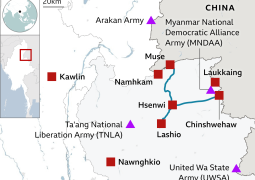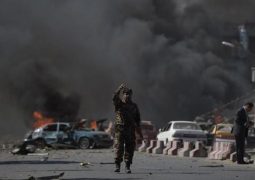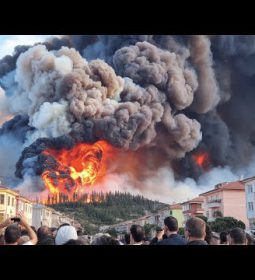A Dangerous Moment in Korea Pyongyang could misjudge scandal in Seoul and transition in the U.S.

The Korean peninsula is always dangerous, but the next few months are especially so. An erratic, nuclear-armed North still covets prosperous South Korea, which is enduring a presidential impeachment crisis even as the U.S. is in a political transition. This is a moment for some supportive bipartisan U.S. diplomacy.
Prosecutors have accused a personal confidant of South Korean President Park Geun-hye of shaking down Korea’s giant chaebol conglomerates for $70 million with the help of government officials. The case could lead to much-needed reforms to curb the power of firms that behave more like feudal fiefdoms than modern corporations—an act of democratic hygiene.
But the scandal means that Ms. Park, who has taken a hard line against the North, will be preoccupied with political survival for the 15 months remaining in her term. Her approval rating is down to 4%, and hundreds of thousands are rallying each weekend in Seoul to demand her resignation. Impeachment votes may come soon, and members of her own party have said they’ll support her ouster.
The danger is that this could be a moment when the North’s regime thinks it can take advantage. Dictator Kim Jong Un is unpredictable at the best of times. But he and his military could misinterpret the noise of democratic debate and accountability in the South as a sign of weakness. Perhaps he might use the next round of U.S.-South Korean joint military exercises scheduled for February as an excuse for an attack or land grab.
The isolated North may also mistake the U.S. political transition as an opening. In glib campaign moments this year, Donald Trump suggested that South Korea and Japan ought to be able to defend themselves and U.S. forces might come home. The President-elect has since walked that back, and in a postelection phone call with Ms. Park he confirmed that the U.S. will fulfill its treaty obligations to defend the South.
A public statement from the presidential transition, perhaps in league with the Obama Administration, is in order. The U.S. also needs to convey to China that any attempt to exploit the current moment would mean the end of the regime in the North and unification to the Chinese border. Beijing needs to convey that message to its clients in Pyongyang.
The point is to reduce the chances of miscalculation and war, which have happened before. After Secretary of State Dean Acheson casually placed South Korea outside the U.S. defense perimeter in 1950, Kim’s grandfather sent his tanks across the 38th parallel.
Like other totalitarian regimes, the North cultivates a fanatical belief in its martial prowess. The U.S. and South Korean forces would quickly dismantle the North Korean military, but Seoul is in range of its artillery so the carnage from even a few days of fighting would be catastrophic.
The world’s dictators always test a new American President, and some of Mr. Trump’s campaign statements could invite misinterpretation. The President-elect is slowly building credibility on national security as he appoints his senior team, but he and Mr. Obama should leave no doubt for adversaries to exploit amid their transition. They need to make clear that any attack by the North will be met with devastating force.
- Previous Saudi Sovereign Wealth Fund to Invest in Alabbar-Led Company Public Investment Fund to buy 50% stake in Adeptio AD led by Emirati businessman
- Next ADB provides $154 million loan to Uzbekistan for development of horticulture section



